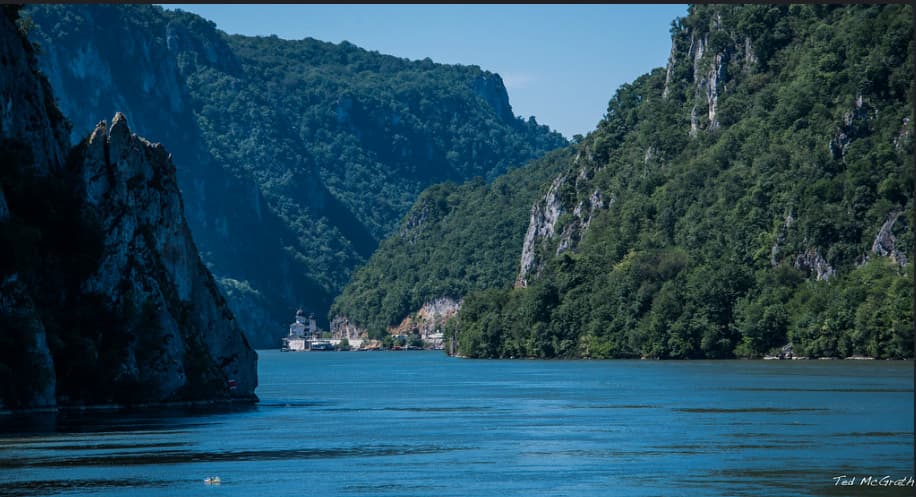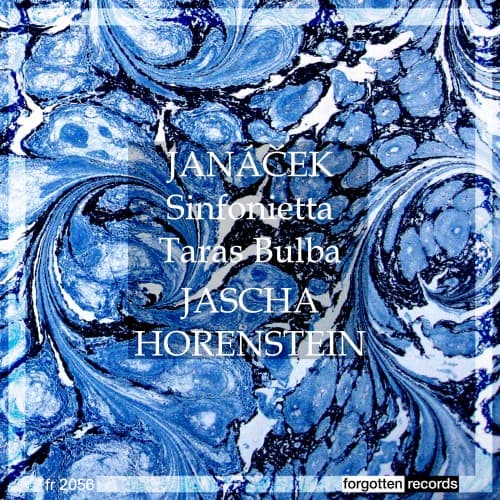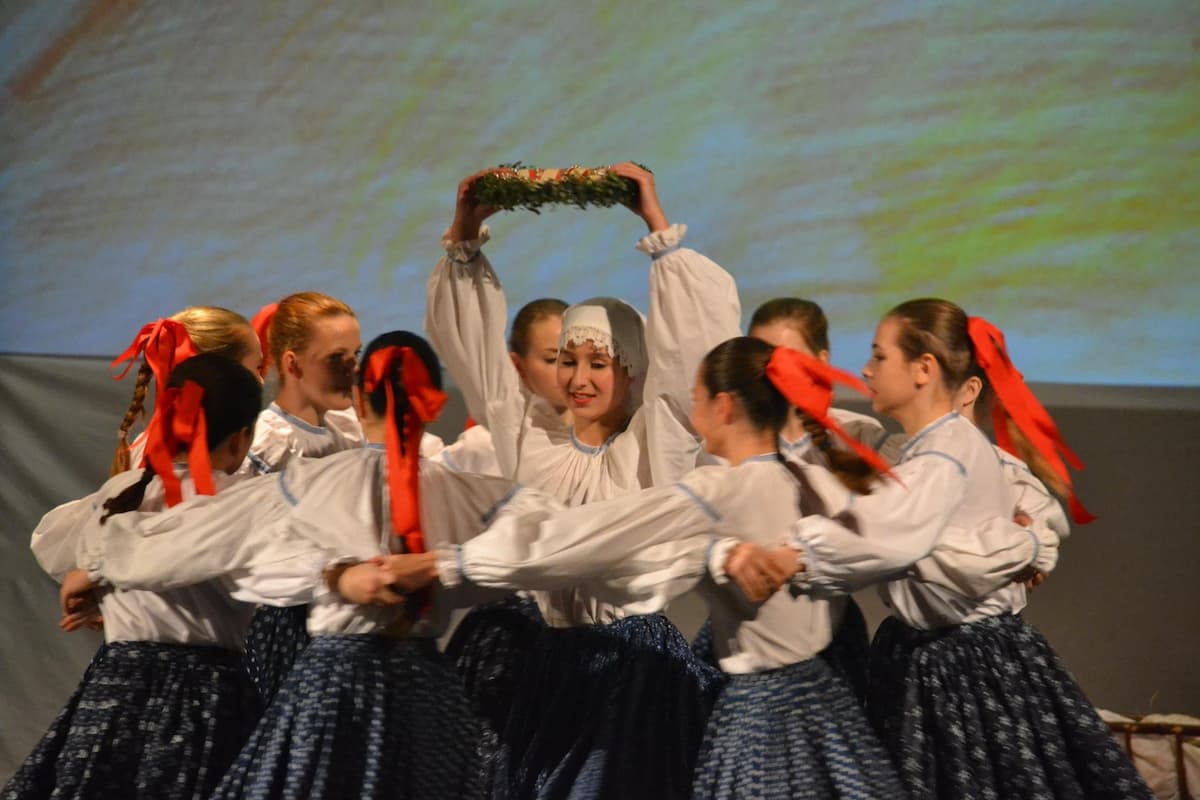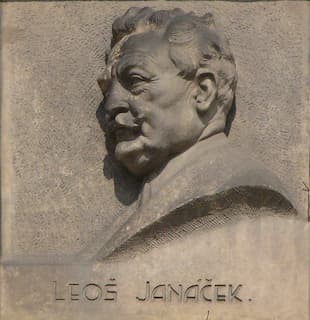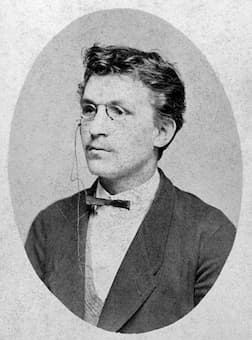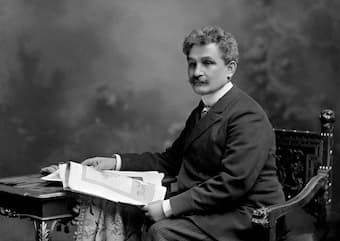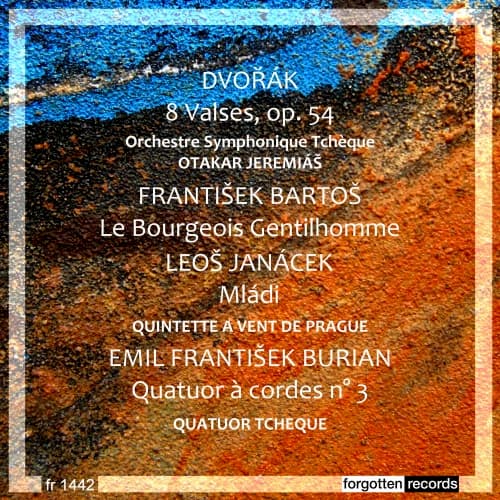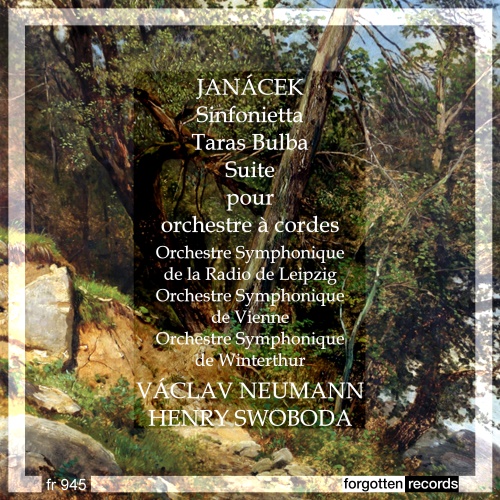Leoš Janáček (1854–1928) first encountered the Danube in March 1923. On a visit to Bratislava, Slovakia, he saw the river and decided to write a Slavic symphonic poem about it. He regarded the river as Slavic since it passed through
Janacek
The craze for nationalism that swept 1920s Europe was a time for composers to nail their national colours in music. Leoš Janáček’s 1926 Sinfonietta was an ode to Czechoslovakia. The country was created in 1918 after the collapse of the
Leoš Janáček (1854–1928), unlike his contemporaries, really only started to be a composer in mid-life, so his work emerged, fully formed and of ‘startling originality’, later in his life than for most. His reputation up to around 1916 was really
On the occasion of his 70th birthday, Leoš Janáček received his first honorary doctorate from the Masaryk University in Brno. The composer was predictably proud and signed his correspondence and all his compositions as “Dr. Ph. Leoš Janáček” thereafter. It
Hukvaldy was described as the largest fortified castle in Moravia belonging to the bishops of Olomouc. In time, a small village began to grow up beneath the castle in the second half of the eighteenth century. The village sported a
The nationalism that hit the 19th century and carried through to the 20th century had a profound effect on music. Music that had been ignored for its folk-like character, or its non-urban nature, became the basis for new works that
Leoš Janáček (1854-1928) was not one of the usual child musical prodigies. He was a gifted child as a pianist and organist but it wasn’t until he was in his 50s that he made his name in music with his
The 1920s in Europe became a time of strong nationalism, often covering not just a country but a whole region. Leoš Janáček’s Glagolitic Mass, for example, was his offering to pan-Slavism. The 1926 Sinfonietta, on the other hand, was his

